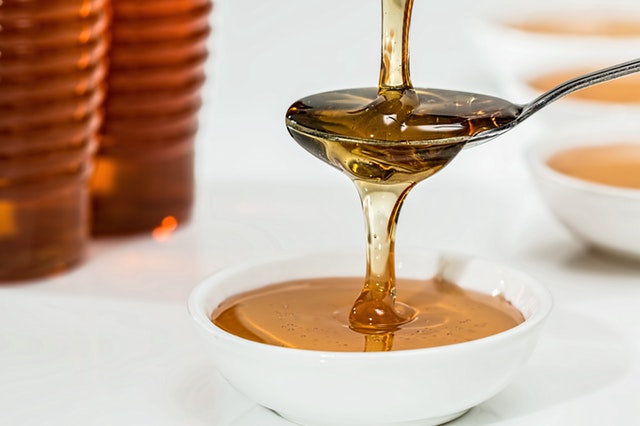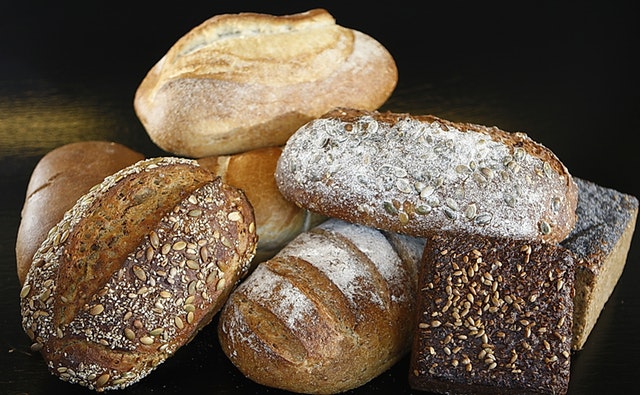7 Simple Eating Rules for Maintaining a Healthy Weight
December 14 2017Reaching and maintaining a healthy weight takes hard work, difficult decisions, and certainly plenty of sweat and perhaps tears.
So making sure that you follow a proper eating plan is paramount to keeping your goals alive. Do take a trip to the grocery store with these guidelines in mind so that you can start off with a variety of delicious things to eat that are also good for you. Get started with these tips:

Go local
As much as possible, eat foods grown or raised without pesticides, hormones, or antibiotics. Avoid nonorganic dairy and meat (as they concentrate pesticides, hormones, and antibiotics). Eat organic produce whenever possible, avoiding the nonorganic produce with the highest pesticide content.
Load up on vegetables
Eat 5 to 10 servings of fruits and vegetables daily, with an emphasis on green, red, and orange vegetables. You cannot eat too many green vegetables!
Go crazy with the leafy greens. A serving of vegetables is 1/2 cup cooked vegetables or 1 cup raw vegetables or chopped fruit. A serving of fruit is one medium apple, pear, or orange, or 15 grapes.

Eat protein with every meal
For one or two meals a day, eat a vegetable protein: beans, legumes, nuts, or seeds. Think nut butter on whole-grain bread, hummus with veggies or crackers, lentil soup, or soy protein like tofu, tempeh, or edamame. (Be sure the soy is organic and non-GMO, not a genetically modified version of soy.)
Eat cold-water fish (that is sustainable and low in mercury) and some organic lean meat, with a preference for chicken and turkey. Enjoy organic, grass-fed beef or bison, or organic pork once or twice a week.
Organic eggs can be eaten daily if your cholesterol is good, or limited to two egg yolks weekly if your cholesterol is high. If your body likes dairy products, eat organic. Eating yogurt and kefir helps with healthy probiotics. Some hard cheeses, such as Parmesan, Romano, or goat cheese (higher in protein and lower in lactose), can be a lovely part of a healthy diet. Excessive cheese, cream, or butter is not generally good for you, as they are high in cholesterol and can be inflammatory.
Embrace fat
Eat good fats like olives and olive oil, nuts and seeds, and avocados. Enjoy coconut as a cooking oil or coconut milk in foods in moderation. These are healthy fats but are, of course, high in calories. Do eat them, but if you are trying to lose weight, watch your quantity!
Grab the grains
Eat organic whole grains, if your body likes them. Think truly whole wheat or rye bread or crackers (check the label for wheat flour that is not “whole wheat” as it is often there!).
Sourdough bread is an even healthier choice, as it lowers the sugar content. You can also eat bulgur, oats and oatmeal, barley, millet, organic cornbread and tortillas, and brown rice. You may also want to try the “nongrains” quinoa, amaranth, and buckwheat. I would recommend limiting grains to one to two servings daily. And, if you want to limit gluten, see this list of gluten-free grains.

Cut the sweets
Limit natural sweets or sweeteners, including small amounts of honey, maple syrup, agave nectar, or dates. Avoid refined cane sugar, and follow rules to give up sugar.

Drink mostly water
You can add to this any vegetable juice that you enjoy, but limit fruit juices, as they are high in sugar. Herbal teas are wonderful as well. And, if you are not prediabetic or diabetic, a slightly sweetened probiotic drink, such as kefir, kombucha, or jun can be delicious and healthy. Note: Not everyone likes these—it’s a particular taste! Be aware if you are avoiding caffeine that kombucha may have caffeinated tea in it.
Sourced from Rodale Wellness.



